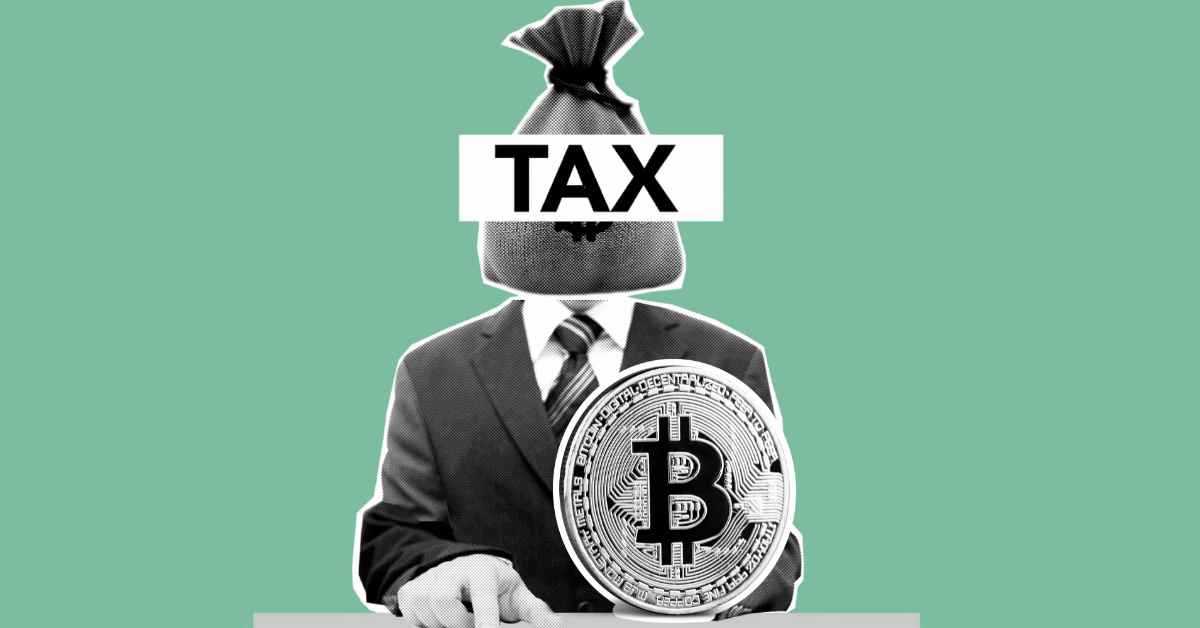
In a startling development that has captured the attention of South Korea and beyond, Kim Nam-guk, a former member of the Democratic Party, finds himself at the center of a legal storm. Accused of deliberately concealing a substantial amount of cryptocurrency in his asset declarations to the National Assembly, Kim faces serious legal consequences. Prosecutors have urged the Seoul Southern District Court to impose a six-month prison sentence on Kim, underscoring South Korea’s stringent stance on crypto tax evasion. This case highlights the growing tensions and debates surrounding cryptocurrency taxation, especially as digital assets become a popular investment avenue for many small-scale traders and investors.
How Kim Nam-guk Concealed His Cryptocurrency Holdings
Prosecutors argue that Kim Nam-guk devised a sophisticated plan to hide his cryptocurrency assets from the National Assembly’s Ethics Committee, which is tasked with scrutinizing the financial disclosures of lawmakers. By transferring a significant portion of his crypto holdings to a conventional bank account, Kim attempted to mask the true nature of his assets. Additionally, he is accused of falsifying his total asset declarations, intentionally reporting amounts far lower than his actual holdings. This involved converting some of his cryptocurrency deposits into regular bank deposits, thereby misrepresenting the true value of his assets.
Discrepancies in Asset Declarations for 2021 and 2022
The prosecution’s findings reveal a significant gap between Kim’s declared assets and his actual wealth. In 2021, Kim declared assets amounting to approximately 1.2 billion won. However, prosecutors contend that his cryptocurrency assets alone were valued at around 9.9 billion won during the same period. This discrepancy continued into 2022, raising serious questions about the accuracy and integrity of his financial disclosures.
Kim’s Defense and Critique of Virtual Asset Taxation
Despite the grave allegations against him, Kim Nam-guk has not shied away from voicing his opinions on the ongoing debate over virtual asset taxation. Last month, he publicly criticized his party’s push for stricter taxation of virtual assets, labeling it as an ineffective strategy to garner public support. Meanwhile, the Democratic Party is in the midst of discussions to amend the tax laws, with proposals to raise the tax deduction limit for virtual assets to 50 million won, in line with their electoral promises.
As the court prepares to deliver its verdict, this case is poised to set a significant precedent for how similar cases might be handled in the future. It underscores the urgent need for robust regulatory frameworks to prevent individuals from exploiting gaps in the control of digital assets. With the rapid evolution of the cryptocurrency landscape, South Korea faces the challenge of balancing innovation with effective regulation to ensure compliance and transparency in the realm of digital finance.






